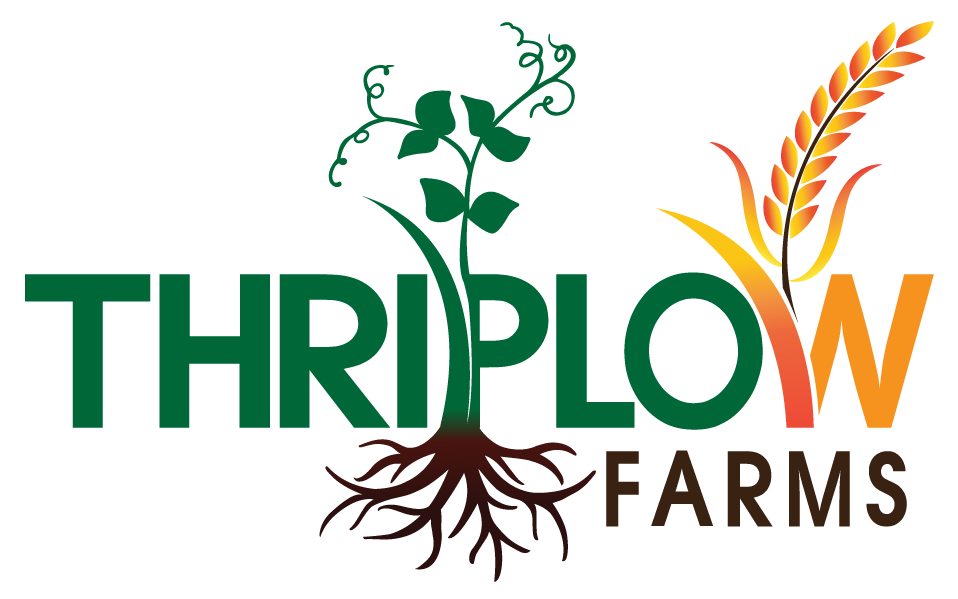WTFIH @ Thriplow Farms, October 2018
It has certainly been an interesting summer: in some ways terrible, in other ways excellent. Harvest started quite early - July 15th - which is probably four or five days before normal. What made this summer truly extraordinary was the speed at which we managed to get the crops in from that point onwards. Normally there is a slow progression from one crop type to another, and from the lighter soils in the south of the farm to the heavier soils in the north. Not so in 2018, where the fierce heat and hot winds dried everything out at records speeds. Some crops are particularly vulnerable to this, and so we were having to start cutting oilseed rape at 5am so that it had picked up some moisture from the overnight dew, and was wet enough to be accepted by our buyers. They will not take anything less than 6% moisture content, as it becomes too difficult to extract the oil, but luckily we only had to make couple of early starts. At least with oilseed rape we get paid a bonus for dry crops, as there is more oil per tonne of seed; with everything else, we are paid the same price, and so when the moisture content goes down, so does the weight - meaning the value to us also decreases. This is a bit unfair since our buyers adjust the moisture to what they want, and get to take all of the value we have lost. Perhaps one day someone like the National Farmers Union can come up with a new type of contract which evens out these imbalances?The actual harvest results were mixed. Because conditions in the spring had been good, but then we had the dry and hot spell for so long, the crops which did best were those that matured soonest, as they had the least growing time in drought conditions. The best crop was oilseed rape, which is the first time in perhaps five years that it has performed really well. Wheat, our mainstay, was around 10-15% down on an average year, which was reasonable given the circumstances. Peas, which are usually cut in the middle of August, were ready in the middle of July, and were predictably terrible. Rye, barley and oats were all a bit down on where we would have liked, but similar to the wheat. The real frustration was knowing that one proper rain in June probably would have turned this below-par harvest into a record breaker. However, the real upside to harvest 2018 was that it finished on August 3rd, roughly a month ahead of normal. I often say that the worst thing about my job is always having to work for the whole of August. Not this year though, and I loved it!
